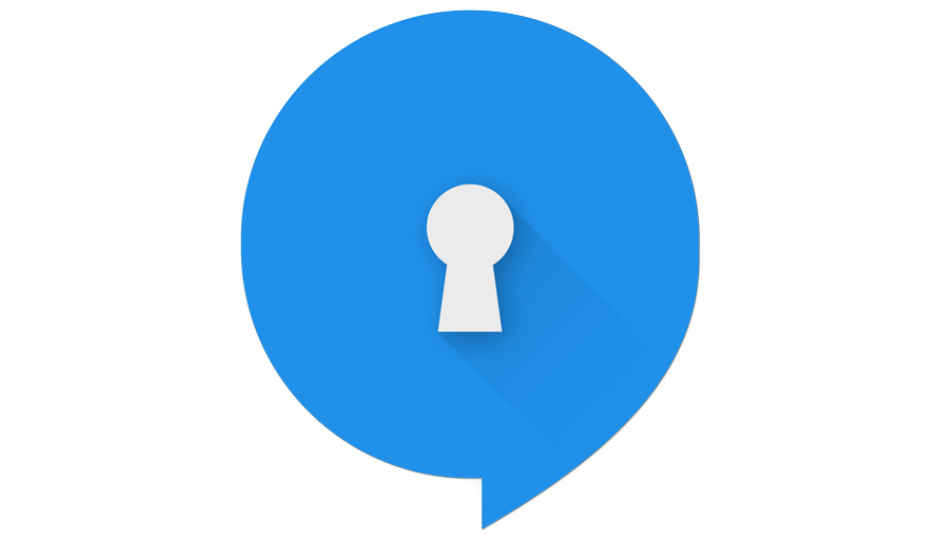
As usual, the government claims this is for the children. It claims its proposed changes to the Online Safety Bill would not “ban end-to-end encryption.” That may be so but the proposal is intended to weaken end-to-end encryption by either compelling encryption-breaking by providers or creating backdoors for law enforcement access. The UK government, however, continues to live in denial. “We have never weakened our privacy promises, and we never would.” Whatever the UK government decides to do, Signal isn’t interested in collaborating with it if it says encryption has to go.Īsked if the Online Safety Bill could jeopardise their ability to offer a service in the UK, told the BBC: “It could, and we would absolutely 100% walk rather than ever undermine the trust that people place in us to provide a truly private means of communication. The UK government has been trying to undermine encryption for years, with each passing year bringing with it new proposals and new levels of desperation from legislators. The UK government is now receiving the same declaration from Signal the Indian government did when it started directly threatening encryption. In response to this threat, Signal has promised to exit the market, rather than produce a weaker (or unencrypted) version of its service for the Indian market, which is one of the world’s largest. To achieve this control, the Indian government needs to backdoor or ban encryption. The government of India has been steadily increasing its direct control of the internet, including social media and messaging services. Once encryption is undermined - no matter where it takes place - it threatens the security and privacy of every user. While that doesn’t do much good for Signal users in countries where encryption is being eyed for vivisection, it does protect the rest of its users everywhere else in the world.

When governments start threatening to undermine or criminalize encryption, the encrypted messaging service is more than willing to walk away from those markets, rather than weaken/remove encryption just so it can keep serving users in these countries.

It doesn’t collect or retain user information, so it can’t hand this data over no matter how much or how hard government agencies demand it. Governments really can’t threaten Signal.

It’s a nonprofit, which means it doesn’t need to make a bunch of shareholders happy by capitulating to ridiculous government demands in order to retain market share. If anyone can call a government’s bluff, it’s Signal.


 0 kommentar(er)
0 kommentar(er)
